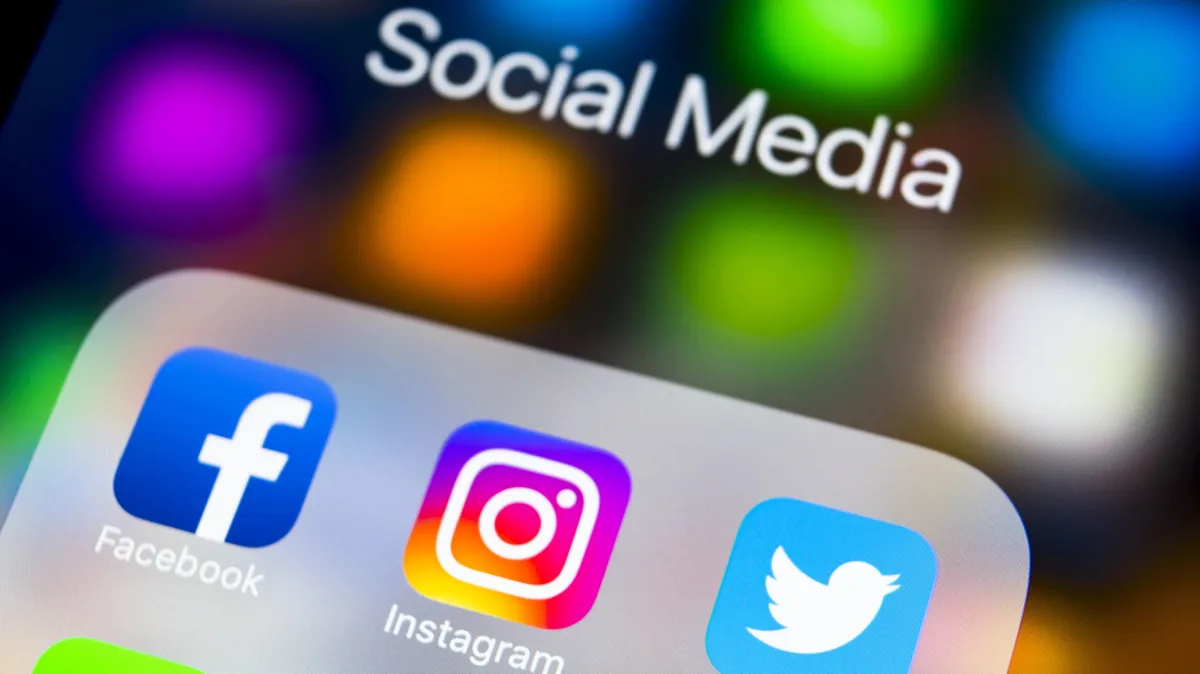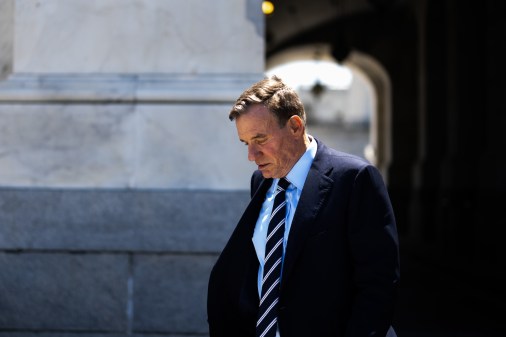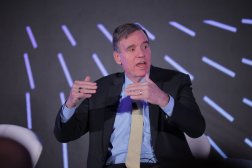Russian disinformation ops were bigger than we thought

Through a flurry of social media posts ahead of the 2016 U.S. election, Russian trolls sought to deter African-Americans from voting, according to a report prepared for the Senate Intelligence Committee.
The Internet Research Agency, a social-media propaganda machine based in St. Petersburg, Russia, encouraged African-American voters to boycott the 2016 election or follow incorrect voting procedures, according to the report by researchers from the University of Oxford and social-media analysis company Graphika.
The broader Russian propaganda operation, which continues to this day, has also leaned more heavily on Instagram to sow discord that was previously understood, according to a second report prepared for the committee by private researchers from New Knowledge, Columbia University, and Canfield Research LLC.
The reports, released Monday by the committee, represent the most comprehensive independent analyses of the Russian disinformation efforts. They show how, through hundreds of millions of interactions on Instagram, Facebook and Twitter, the IRA looked for every opportunity to exploit divisions in U.S. society to boost Donald Trump’s presidential campaign.
A key component of the Russian operation was the targeting of minority voters. Of the five most-retweeted IRA Twitter accounts, “four focused on targeting African-Americans,” the Oxford and Graphika report says. More recently, according to researchers, the IRA sought to spread distrust of U.S. institutions among Hispanic voters.
The Russian operation had broad reach: between 2015 and 2017, over 30 million users in the United States shared the IRA’s Facebook and Instagram posts with their social contacts, the Oxford and Graphika report found.
The study from New Knowledge and others also shows how Russian operatives shifted their focus to Instagram in 2017 as the Twitter and Facebook operations garnered media attention.
The Russian influence campaign involved 187 million “engagements” with Instagram users – outperforming Facebook engagement, researchers found. “Our assessment is that Instagram is likely to be a key battleground on an ongoing basis,” the report states.
‘Comprehensive, calculating, and widespread’
The reports show how, two years later, U.S. lawmakers are still learning from Russia’s 2016 intervention and trying to craft policy that would shore up U.S. defenses against disinformation.
“This newly released data demonstrates how aggressively Russia sought to divide Americans by race, religion and ideology, and how the IRA actively worked to erode trust in our democratic institutions,” Sen. Richard Burr, R-N.C., the committee’s chairman, said in a statement. “Most troublingly, it shows that these activities have not stopped.”
The committee’s top Democrat, Sen. Mark Warner of Virginia, said the reports were further evidence that there needed to be “guardrails” when it comes to social media, adding that he hopes the analyses will prompt legislation in Congress.
“These attacks against our country were much more comprehensive, calculating and widespread than previously revealed,” Warner said in a statement.
In the coming months, the committee plans to release its own report on its investigation into the 2016 disinformation campaign.
A Google spokesperson declined to comment on the reports and referred CyberScoop to previous statements the company has made about countering disinformation and increasing transparency of political advertising.
A Twitter spokesperson said the company’s “singular focus is to improve the health of the public conversation on our platform, and protecting the integrity of elections is an important aspect of that mission.” The company, the spokesperson added, has made “significant strides” since 2016 to counter manipulation of the platform, citing an October release of data on information operations.
“We’ve provided thousands of ads and pieces of content to the Senate Select Committee on Intelligence for review and shared information with the public about what we found,” a Facebook spokesperson said. Since the 2016 election, the spokesperson added, “we’ve made progress in helping prevent interference on our platforms during elections, strengthened our policies against voter suppression ahead of the 2018 midterms, and funded independent research on the impact of social media on democracy.”





